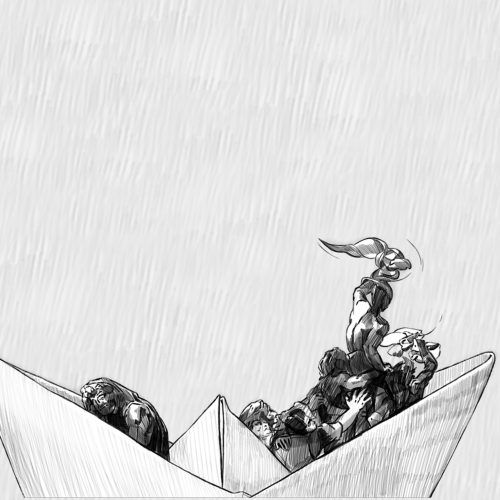Syrian refugees want to enter Europe
Turkey opened its western border on February 28, allowing thousands of people to try to reach Europe. It was after 33 Turkish soldiers were killed in an airstrike in the battle of Idlib, in north-western Syria. Idlib, near Turkey’s southern border, is the last opposition-held Syrian province, where Turkish and Russian-backed Syrian forces are creating one of the most serious escalations of the Syrian conflict. Over 900,000 people have been displaced in this region since December, according to the United Nations.
Turkish President Recep Tayyip Erdogan delivered a televised speech saying: “We opened the doors.” Erdogan accused Europe of not helping Turkey with the Syrian refugee crisis and underlined his country can no longer stay alone. He also demanded that Europe should help Turkey to fight in Syria. Turkey hosts the largest number of refugees worldwide: 4,1 million people, including 3,7 million Syrians. In 2016, the European Union signed a deal with Turkey aimed at preventing migrants from reaching Europe.
Greek police used tear gas to push back migrants, including families and children. According to Reuters two fatalities have been reported in Greece since Turkey opened its border: a Syrian child drowned when the boat capsized near the Greek island of Lesbos and a Syrian man who died because of injuries.
Bulgaria also increased security forces in the last few days. Nearly 10,000 migrants are blocked in Edirne, the Turkish province bordering Greece and Bulgaria.
Greece suspended the asylum applications for one month, and the European Commission has announced giving €700m in EU funds for Greece.


























